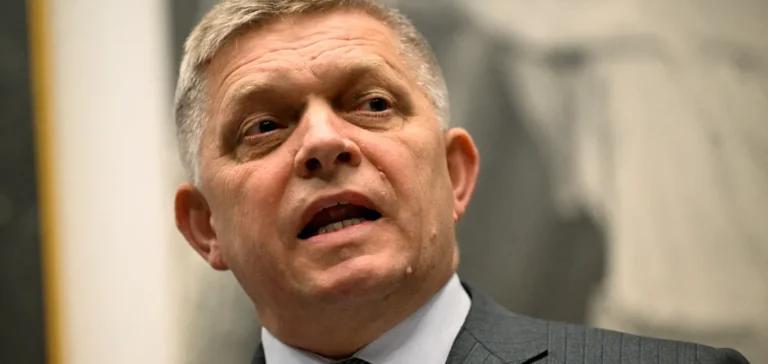Slovakia is engaged in intensive discussions with the European Commission and its European Union partners to reach an agreement on ending imports of natural gas from the Russian Federation. Prime Minister Robert Fico indicated that a compromise is being sought before Tuesday to avoid any negative impact on the country in the event of a halt to Russian deliveries.
Strategic supplies at stake
For several weeks, Slovakia has been blocking the adoption of the eighteenth European sanctions package targeting the Russian Federation, due to its disagreement with a separate European Commission proposal that calls for a total end to Russian gas imports from 2028. The Slovak government cites risks of shortages, a rise in gas prices, increased transit fees and potential compensation claims from Gazprom Public Joint Stock Company (Gazprom), the main Russian supplier.
Prime Minister Robert Fico stated that Slovakia is demanding concrete guarantees from European institutions. He said: “We cannot accept that Slovakia is penalised by a joint decision that does not take into account our specific supply needs,” according to Global Banking and Finance Review reported on July 12.
Negotiations between Bratislava and Brussels
The Russian Federation remains a key partner for Slovakia’s energy security, as the country still relies heavily on its gas imports. Other European Union member states, together with the European Commission, are attempting to convince Bratislava to lift its veto on the new sanctions package, notably by proposing solutions to secure replacement gas supplies and reduce the potential impact on consumers and industry.
The issue of guarantees also concerns the management of existing contracts with Gazprom and possible financial compensation in the event of early termination. Talks continue between Slovakia, Brussels and major sector players to avoid any interruption to energy supplies.
Expected impacts on the economy and industry
The Slovak industry, which is particularly dependent on natural gas, is closely monitoring the progress of these talks. A sudden price increase or supply shortage could affect the competitiveness of key sectors and create uncertainty in the domestic market. Companies are calling for a stable regulatory framework and measures to anticipate potential upheavals.
The outcome of negotiations between Slovakia, the European Commission and its partners will also be observed by other member states with a strong dependence on Russian gas, as the European Union seeks to strengthen the energy security of the entire bloc.






















